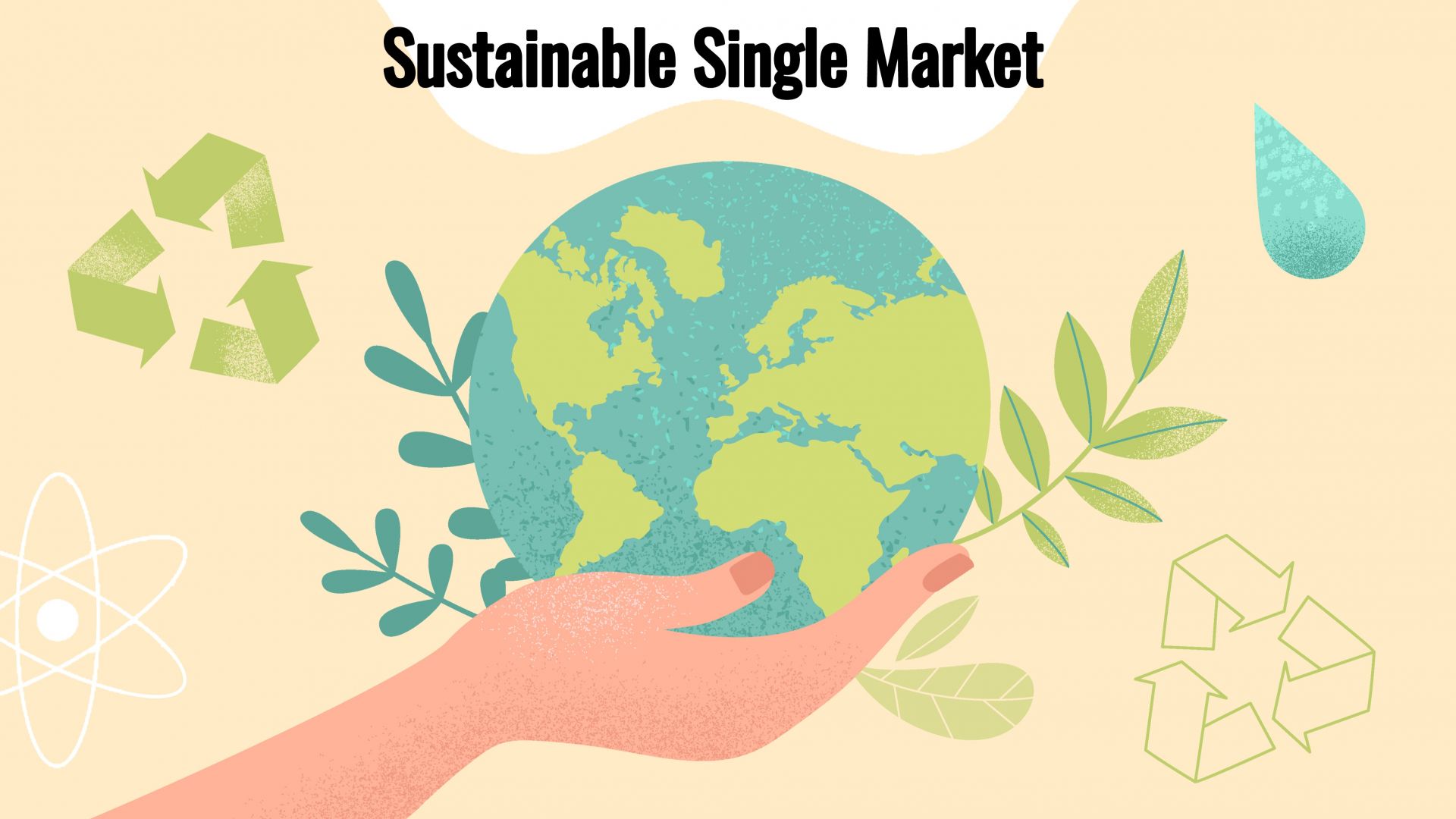Consumer habits and choices play a significant role in tackling climate change and environmental issues. To move towards a more sustainable consumption and production, product lifespans, legal and commercial guarantees, the ease of repairs, phenomena such as “fast fashion” as well as the destruction of unsold products should be put into the focus. The hyper-materialistic lifestyle of the wealthy is culturally overwhelming. In an effort to imitate this lifestyle, middle class consumption becomes conspicuous.
Therefore we call on the Commission to come forward with meaningful legislative proposals on the sustainable single market, which
- include the promotion of the reuse sector, the ban of planned obsolescence, mandatory labelling and a more social and sustainable public procurement,
- guarantee that “going green” will not be beholden to the wealthy and privileged,
- ensure a just transition, which prevents low- and middle-income groups - already suffering from the current crisis - of having to bear the highest burdens and see costs of living rise,
- support research and innovation for sustainable products and services,
- ensure that goods, including the ones imported to the Union, respect the highest possible standards of environmental, human health and human rights protection, throughout the entire value chain, building on the approach of due diligence for market actors.


